
This CME activity provides an understanding of problematic pornography use and how it relates to compulsive sexual behavior disorder.

This CME activity provides an understanding of problematic pornography use and how it relates to compulsive sexual behavior disorder.

This CME article provides an understanding of the treatment modalities for the management of nonsuicidal self-injury (NSSI) in adolescents.
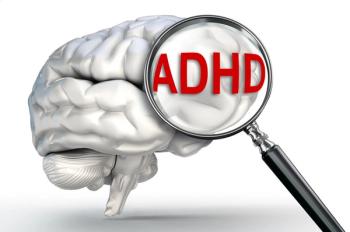
Recent surveys suggest that 7% to 8% of children and 4% to 5% of adults meet ADHD criteria. This CME article provide an understanding of the evidence for the use of complementary and alternative (CAM) treatments for ADHD.
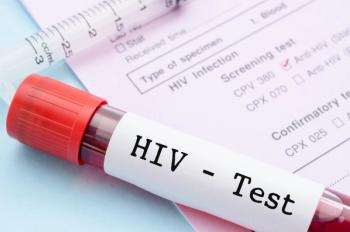
This CME article provides an understanding of the effects on the CNS that lead to HIV-associated neurocognitive disorders (HAND).

This CME article discusses the pharmacokinetics of caffeine and its implications on anxiety.
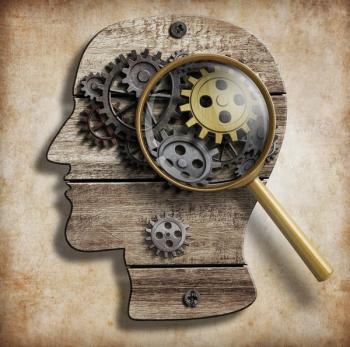
This CME discusses what is known about the pathology of tardive dyskinesia, the risk factors for the disorder, assessment of patients with movement disorders, and diagnosis and treatment.

This CME discusses the opioid-like effects of loperamide and kratom and raises awareness of potential dangers associated with use.
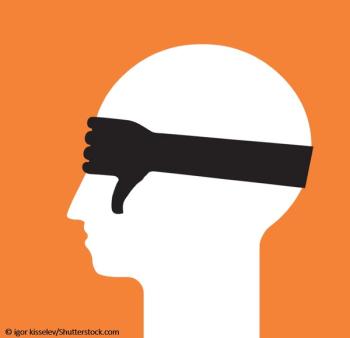
Negative symptoms are prominent in schizophrenia. Despite their importance in driving functional outcomes, however, effective treatment of negative symptoms remains elusive.

This article provides a comprehensive understanding of the clinical and conceptual challenges presented by psychosis that is due to TBI.

This CME provides a comprehensive understanding of psychopharmacologic treatments for stress-induced psychopathology and the need for novel, rapid-acting agents.
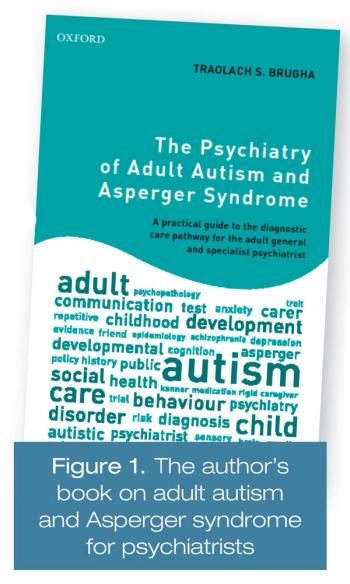
Autism was first described by child specialists, and even today most autism-specific services are focused only on children. This CME provides a comprehensive overview of autism in adults.

Patients with active addiction may not present in ways that "fit" our framework. The author provides four steps to an organized and effective crisis response.

This CME helps to differentiate the roles of the attending physician and the consulting physician and to recognize the ethical concerns attendant to medical aid in dying.

Sleep disturbances have been identified as a suicide risk factor, yet hypnotic medications, which are often used to treat sleep issues, have been linked to suicide-related thoughts, plans, and attempts. What’s the best way to assess and treat sleep disturbances in patients at risk of suicide?

The goal of this activity is to understand the relationship between endothelial function and arterial stiffness.

To goal of this activity is to understand the bidirectional relationship between depression and cardiovascular disease.
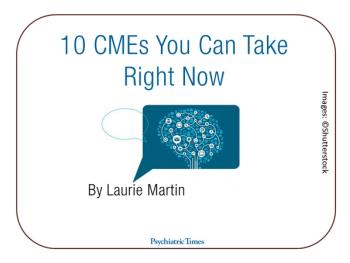
Our CME collection features innovative strategies for addressing SUDS, inflammation and schizophrenia, sexual dysfunction, restless legs syndrome, and more. All free, all the time.

An understanding of evidence-based interventions can assist with the management of physician work-associated trauma within the unique setting of health care environments.

This CME identifies the sources of treatment-resistant ADHD in adults and focuses on preventing misdiagnosis and optimizing treatment.
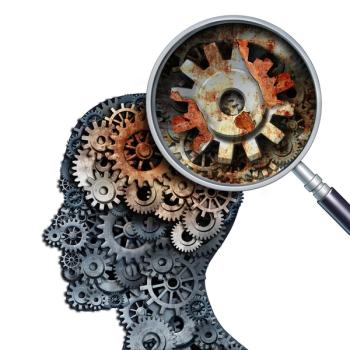
Practical tips on how to recognize the presentations and subtypes of OCD as well as treatment strategies associated with this challenging neuropsychiatric disorder.

The US is facing the largest epidemic of opioid overdose deaths in its history. This CME addresses issues associated with the medication-assisted treatment protocol for opioid use disorder.

Careful consideration and discussion of risks of treatment and under-treatment (or no treatment) can help can decrease the risk of decompensation during pregnancy or the postpartum period.

Practical guidance for psychiatrists who wish to confidently address questions regarding genetics that may be posed by patients and their families.

What is the role of stress in the manifestation of depressive symptoms?
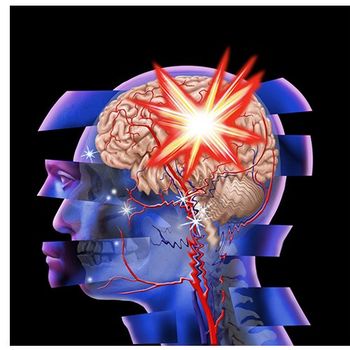
Psychosis can preexist TBI, and psychosis may increase the risk of TBI. This review, however, focuses on cases of psychosis following TBI.

A deep dive into the role of stress in the manifestation of depressive symptoms.
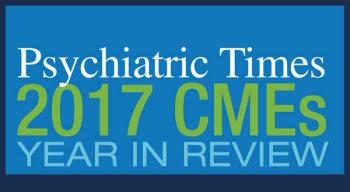
Our gift to you: CMEs on topics that range from restless legs syndrome, fatigue and depression, anti-NMDA receptor encephalitis, hoarding disorder, and more.
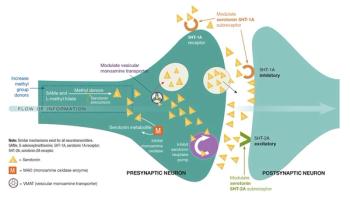
The author explores the significant pharmacokinetic and pharmacodynamic heterogeneity of current antidepressants and reviews the many potential drug targets that exist-with a focus on the serotonin system.
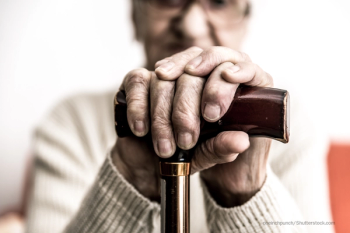
This article focuses on the various classes of antidepressants and how they have evolved.

Here: a review of prevalence, impact, etiology and pathophysiology, differential diagnosis, and treatment.